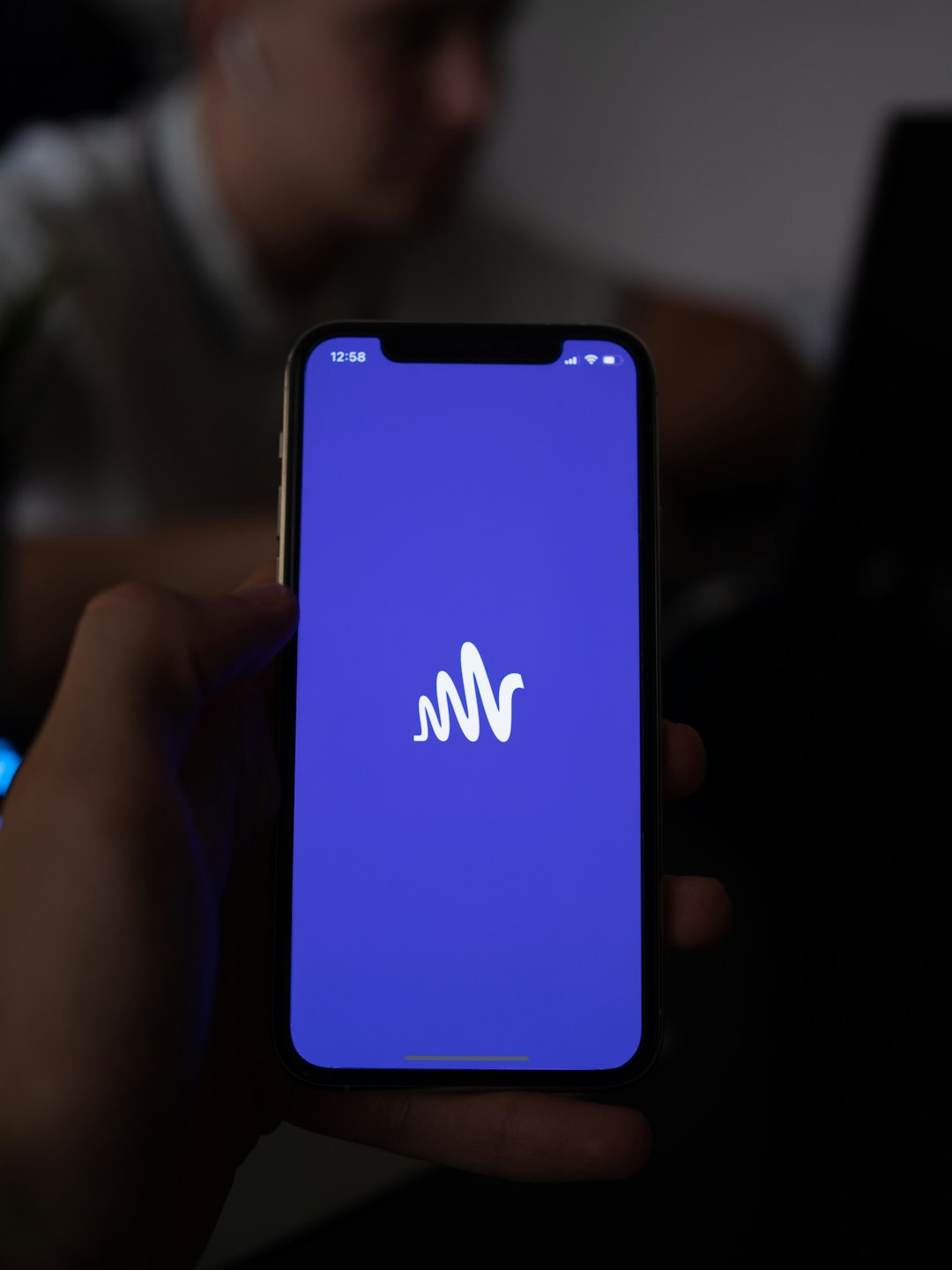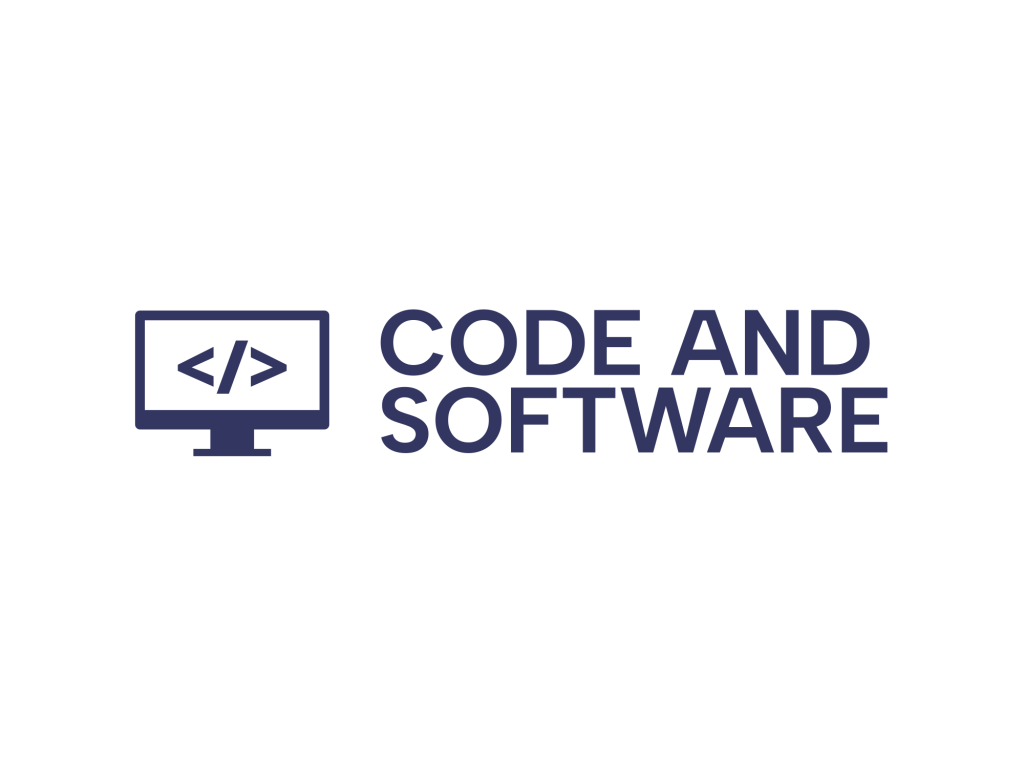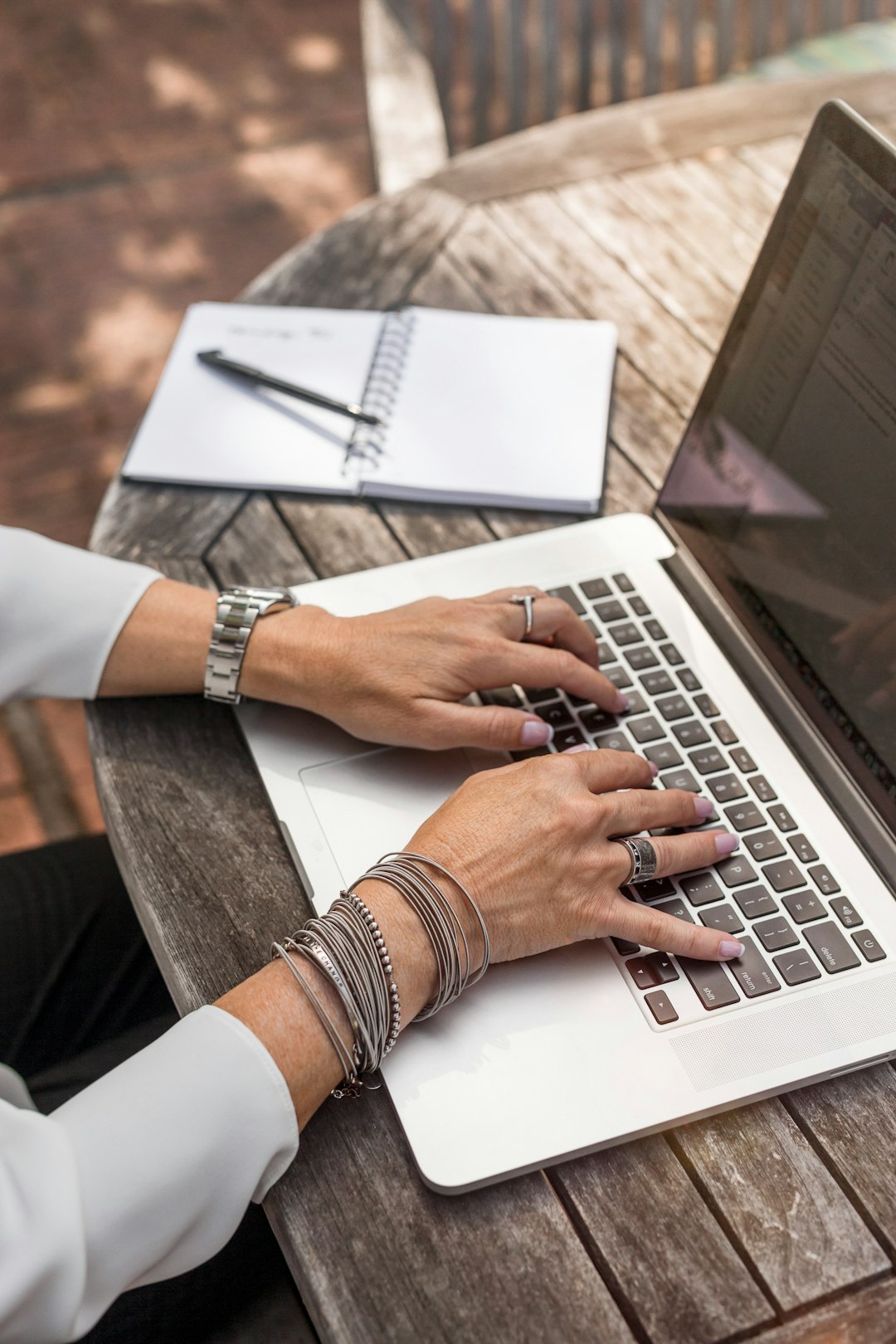In today’s digital age, safeguarding your online privacy has never been more important. Whether you’re concerned about hackers, surveillance, or simply want to access region-locked content, using a VPN is one of the most effective solutions available. But how exactly do you use a VPN, and what benefits can it truly offer? This article will guide you through the process of using a VPN and help you understand how it can enhance your digital experience.
What is a VPN?
A Virtual Private Network (VPN) creates a secure, encrypted connection between your device and the internet. It masks your IP address, making it seem as though you’re accessing the web from a different location. This not only protects your data but also allows access to websites and services that may be restricted in your region.

Why Use a VPN?
There are several compelling reasons to use a VPN:
- Online Privacy: A VPN helps keep your data safe from prying eyes, including hackers and governments.
- Public Wi-Fi Security: Connecting to unsecured public Wi-Fi networks can be risky; a VPN adds a layer of protection.
- Bypass Geo-Restrictions: Stream content from anywhere in the world by spoofing your location.
- Access Blocked Websites: In some countries, access to certain websites is restricted. A VPN helps you bypass those blocks.
- Anonymous Browsing: Your internet activity remains private and untracked.
How to Set Up and Use a VPN
Setting up a VPN is simple, even if you’re not particularly tech-savvy. Here are the steps to follow:
1. Choose a VPN Provider
There are many options out there: some are free, while others come with a monthly or yearly subscription. Popular providers include NordVPN, ExpressVPN, and Surfshark. When choosing, consider factors like speed, server locations, security features, and privacy policies.
2. Download and Install the VPN App
Once you’ve selected a provider, go to their official website or app store page and download the application for your device. Most VPN services support multiple devices, including Windows, macOS, Android, iOS, and even smart TVs or routers.
3. Create an Account
You’ll need to register using your email address. Some VPNs allow anonymous payment methods like cryptocurrency if you’re particularly privacy-focused.
4. Log In and Connect
Open the app, log in with your credentials, and choose a server to connect to. Most apps allow you to pick a server by country or let the app choose the best server automatically, based on speed and location.

5. Enable Advanced Features
Many VPNs come packed with additional features. These might include:
- Kill Switch: Automatically disconnects your internet if the VPN connection drops to keep data safe.
- Split Tunneling: Allows you to decide which applications use the VPN and which don’t.
- No-logs Policy: Ensures that your activity isn’t recorded by the VPN provider.
6. Browse Securely
That’s it—once you’re connected to a server, your activity is encrypted and anonymous. You can now safely browse, stream, or conduct business online with an extra layer of protection.
Tips for Optimizing Your VPN Experience
To get the most out of your VPN, keep these tips in mind:
- Connect to the nearest server: This usually offers the fastest speeds.
- Update the app regularly: To benefit from new features and security improvements.
- Avoid free VPNs for sensitive data: Many free VPNs log usage or include ads that compromise your privacy.
When Should You Use a VPN?
While you can use a VPN all the time, it’s especially useful in these scenarios:
- When connecting to public Wi-Fi at cafes, airports, or hotels.
- While traveling abroad to access services from your home country.
- When accessing sensitive information, such as banking or work-related data.
- To prevent your ISP from tracking your browsing behavior.
Conclusion
Using a VPN is an easy yet powerful way to take back control of your digital privacy. Whether you’re protecting sensitive data, bypassing geographic restrictions, or simply don’t want to be tracked online, a VPN can be your best ally. With just a few clicks, you can create a safer and more open internet experience for yourself.


Leave a Reply